The UK could impose tariffs on Chinese electric vehicles (EVs) if they are found to have benefited from large state subsidies.
The European Commission has claimed it has evidence the Chinese government is subsidising electric cars exported to Europe through the “direct transfer of funds” and other means.
It launched an investigation into whether Chinese-built EVs are receiving unfair subsidies last September. It is due to conclude by November, although the EU could impose provisional duties in July.
A separate study by the US-based Centre for Strategic and International Studies (CSIS) claimed that China’s central and local governments have subsidised domestic EV businesses to the tune of $100bn (£78bn) since October 2009.
On giving an update into its investigation, the Commission said it would now start customs registrations of EVs imported from China, enabling any future tariffs to be backdated, if required.
Chinese carmakers, including BYD, SAIC’s MG, Chery Automobile and Great Wall Motors are targeting both UK and European markets with EVs that are competitively priced.
UK transport secretary Mark Harper says he understands why some people are concerned about Chinese imports.
In terms of technology, he insisted that the UK had a good regulatory regime. “Our concern is about cost and competitiveness,” he explained. “We have very robust measures in this country with a trade remedies regime… making sure we have fair international trade, and that we don't have dumping or unfair subsidies.”
Trade remedies protect domestic businesses against injury caused by dumped or subsidised imports, or unforeseen surges in imports.
They usually take the form of ‘ad valorem’ tariffs, which essentially mean the customs duty is calculated as a percentage of the value of the product.
The Trade Remedies Authority (TRA) conducts investigations to determine whether to apply trade remedies on certain imports.
In a blog on the Gov.uk website, Joshua Parker, head of the economics unit at the TRA, explains that, where imports have been made cheaper due to Government subsidies, international producers may have an unfair advantage over domestic producers.
“Trade remedies may help to correct for distortions caused by subsidies and create a more level playing field between domestic and international producers,” he writes.
“Trade remedies may provide temporary protection and allow industries to adjust to changing circumstances.”
These sort of safeguard measures can only be in place for a maximum of eight years and require UK producers to include an adjustment plan showing how they intend to adapt to remain competitive once the measure is removed.
“It may also be true in cases where a domestic industry needs time to develop, such as with new technologies,” continues Parker.
“Trade remedies may help to deter or correct for international predatory pricing. This is where a business dumps goods at low prices to force other businesses to exit the market.”
Harper says that the UK has a “good legal structure”, which will make sure that that “competition is fair and that there's a level playing field”.
He told delegates at SMMT Connected 2024 that the more players that are in the market, “designing good technology, designing exciting cars for consumers, the better”.
But he added: “The important thing is it's a fair competitive landscape.”
The China Chamber of Commerce to the EU says higher imports simply reflect increasing demand for EVs.
New whitepaper on Chinese EVs

Venson Automotive Solutions has launched a free new whitepaper, ‘Chinese BEV Power – An opportunity or a threat?’ which looks at the likely implications of Chinese EVs for UK fleets and the wider automotive industry.
Simon Staton, director client management at Venson Automotive Solutions, said: “Discussions about security and competition concerns surrounding the penetration of Chinese BEVs into the UK market is incredibly relevant to Government officials and those higher up the automotive food chain.
“Fleet managers on the coalface, however, tasked with meeting EV transition and corporate sustainability goals on a budget, simply need to know what vehicles will best suit their fleet needs. Whether they are from UK, EU or elsewhere.”
The Venson white paper outlines suggested fleet BEV strategies from bodies including the Association of Fleet Professionals (AFP) and the National Franchised Dealer Association (NFDA).
It also summarises the latest thoughts on the insurance, service maintenance and repair (SMR) and cost of ownership issues.
Staton said: “Despite Government pushing back the ban on sales of new ICE vehicles until 2035, the introduction of the ZEV mandate means that manufacturers are still under pressure to sell more electric cars.
“While tax incentives mean fleet operators are doing the lion’s share of turning the UK car parc green, there is still progress to be made.
“By outlining the essential information on the lesser-known Chinese BEV market, in our latest white paper we hope to empower fleet managers with the facts they need to choose the best possible vehicles for their fleet.”

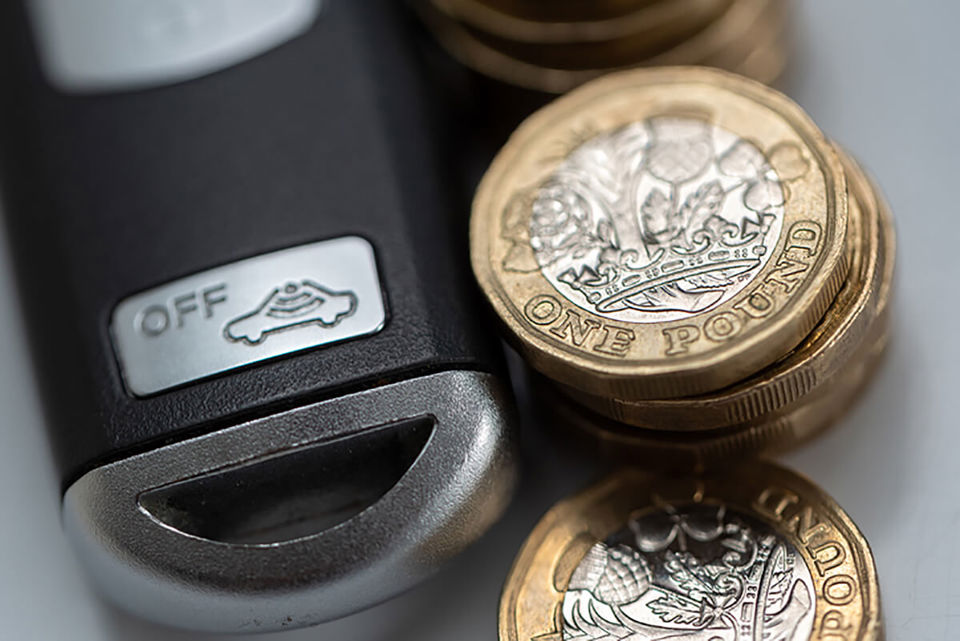




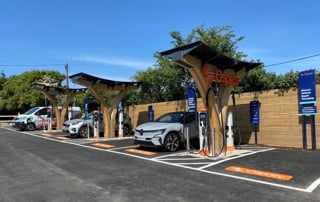
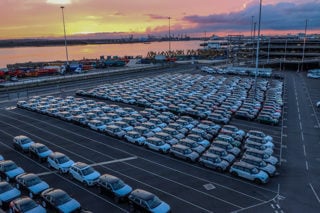
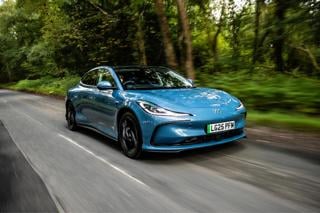

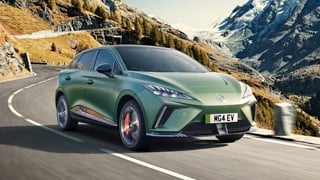













Jstuart999 - 21/03/2024 11:46
They had a tariff on Compact Fluorescent Light Bulbs of 60% when European manufacturers complained!